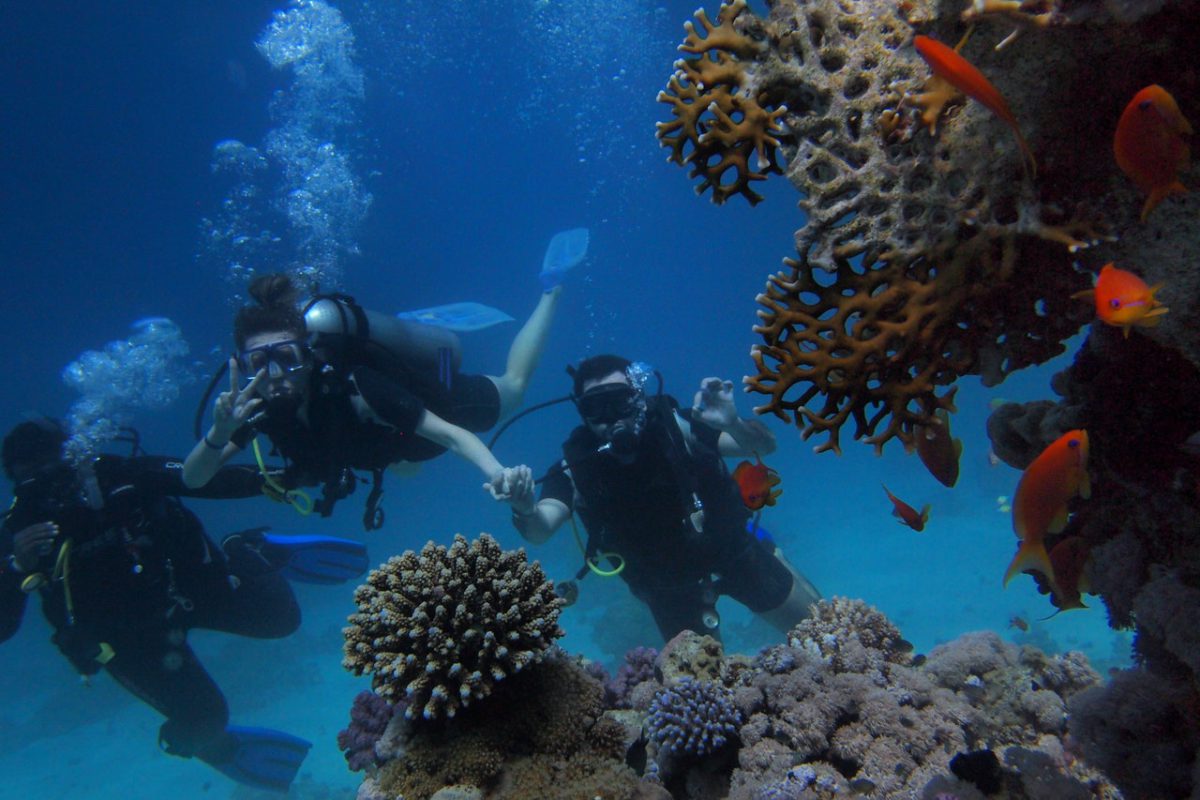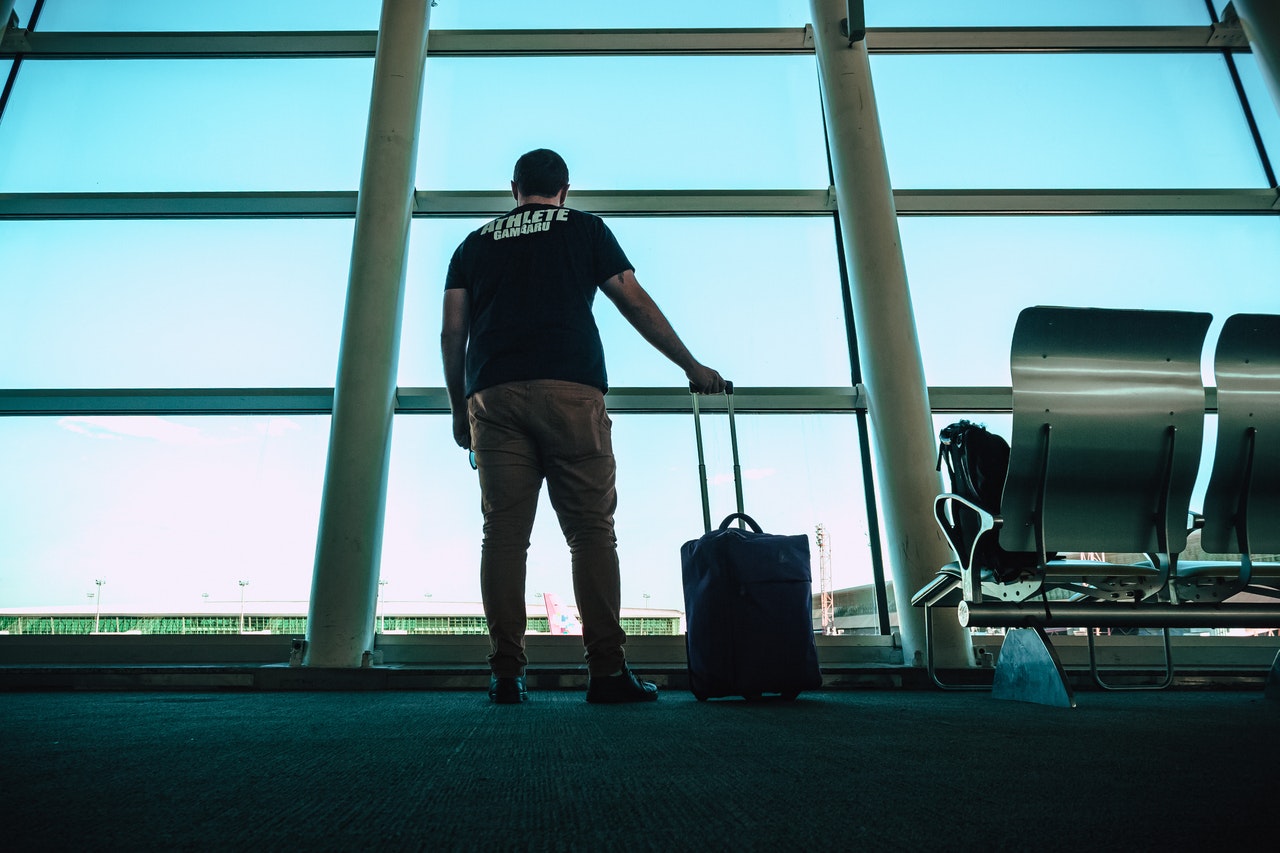On 7th March 2020, the first case of the COVID disease reached Malta. Over the next two weeks, Prime Minister Robert Abela introduced a series of limitations on international travel to the island from particular localities, before announcing a ban on all sea and air travel into Malta.
Almost overnight, tourism screeched to a halt.
The release of statistics for inbound tourists in the months subsequently was cancelled due to these restrictions, so official data is unavailable, but it can be safely assumed that from March – June 2020, inbound leisure travel was basically non-existent.
By the middle of July, with COVID case numbers in most jurisdictions having sunk significantly, Malta opened its borders to tourists once more, eventually receiving just under 50,000 for the month, an 84 per cent decline on the same period the year before.
In August, cruise liners were allowed to call at Malta again. This month, usually the one which attracted the most tourists, saw just under 115,000 inbound tourists, a decline of 66.2 per cent on the year before.
For the rest of the year, tourism figures remained low, causing great economic shock to Malta’s economy, whose tourism sector has been at the forefront since the 2008 financial crisis.
By the end of 2020, Malta’s GDP had contracted by 5.7 per cent, with decreases in tourism-dependent sectors, such as hospitality and retail leading this drop.
After the limited recovery of international travel, 2021 brought with it a second wave of the COVID virus, once again shutting down international travel and the tourism industry. In February, Malta saw just 9,151 inbound travellers.
Tourism and hospitality practitioners that lasted the year are now left clinging on, looking to a summer rebound for their, and Malta’s, economic survival.
According to a survey carried out by the Association of Catering Establishments, 19 per cent of restaurants have collapsed under the weight of COVID related financial strains.
The urgency of this has been acknowledged by the Government, which has announced a raft of measures aiming to kickstart tourism from 1st June, with schemes worth a combined total of €20 million aiming to provide a lifeline for the battered sector.
With some commentators accusing the Government of paying tourists to visit Malta, BusinessNow.mt has reached out to one of the nation’s leading economists, Ian P Cassar, to learn about the possible effects of these measures on the wider economy.
How is the impact of tourism recorded?

Firstly, Dr Cassar notes, it “very, very challenging” to gauge the exact economic impact of tourism. This is because, in official National Accounts data, tourism is not a unified category, like Agriculture or Financial Services, for example.
Instead, tourism demand is a “composite product”, with spending being made in a variety of different sectors, such as accommodation & restaurants, transport services, and, culture related activities. Indeed, studies often take figures from a select number of key tourism driving sectors as proxies for hard tourism data.
Then, Dr Cassar says, it is also important to understand some key economic definitions, notably direct, indirect, and induced impacts, which are used to describe the different dimensions of an economic impact resulting from a particular purchase or economic activity.
The direct effect is the simplest, he explains. This simply links to a payment made. So, for example, if a tourist was to buy a meal at a restaurant, the direct effect would be the money they paid for the meal, which enters the economy directly through that transaction in order to cover the cost for the direct inputs required for the production process of that meal as well as to cover payments for other factor inputs such as, labour costs.
Then there is the indirect impact. This refers to the funds that were input in the economy in other sectors to produce the final product. Dr Cassar describes this as a spill over effect.
Finally, induced effects are the activities which are spurred on from the income and resulting consumption generated as a result of the various production activities generated by the direct and indirect effects.
How important is the industry to the local economy?
Returning to the question at hand – what the impact of tourism spending is on the local economy – Dr Cassar acknowledges that the industry has been decimated.

“For better or worse”, he says, “tourism is a sector that has driven the Maltese economy”, and it’s an industry that’s expanded at almost double-digit rates every year since the financial crash.
“Now, when thinking about a tourist spending €100 in a restaurant”, he explains, “the first thing we have to consider is the indirect effect. If most of the product is imported, then the indirect effect is going to be lower”.
Essentially, when purchasing products or service which requite inputs purchased from outside Malta, then this is “a leakage” in the indirect effect of tourism.
As such, whereas if we define output as the literal transaction cost, every million euros spent in Malta by tourists, a further €1.7 million in economic activity should be spurred on, the Gross Value Added from these transactions will stand at around €0.6 for every euro spent.
This €0.6 figure, he says, has remained relatively stable over the recent decade, as subsequent studies have found only small variations in this so-called “ value -added multiplier”.
Tourism expenditure in 2019 was €2.2 billion, but its direct contribution to the country’s Gross Domestic Product was not €2.2 billion, he says.
Therefore, when discussing the impact of spending, we need to identify if we’re thinking about production and sales, or GVA and GDP.
If we’re looking at GVA, we can look at the aforementioned multiplier to predict the impact. For example, with regards to the €3.5 million in discounts announced for tourists staying at Malta’s hotels this summer, assuming tourists spend that money in Malta, one could calculate that a plausible estimate of the impact of this on GDP would be approximately €3.5 million x 0.6.
How effective will Government stimulus measures be?

Asked about his personal view on the Government’s approach to incentivise tourism through spending, he argues that it has a number of different positives.
Firstly, from a strategic perspective, it has driven media attention at a time when many abroad are looking to book their holidays.
Then, a financial incentive is always welcome. Many families have struggled due to COVID, with a high level of uncertainty, so the incentive scheme might make them decide to visit Malta instead of anywhere else.
Tourism’s contribution to the GDP of Malta lies somewhere between 12 and 17 per cent, he says. A portion of 12 per cent if one only considers direct and indirect effects, and 17 if one also considers induced effects. This effectively ties the economic health of the country to that of the sector.
Additionally, when tourists purchase goods and services, a large majority of these services have a level of VAT embedded in the price, which would obviously contributed back to tax revenue, Dr Cassar expects.
“We would expect that every expenditure would lead to a generation of some of income thus inducing consumption, which would lead to higher consumption related tax revenue being generated”, he comments.
Additionally, tourism is also key for Malta’s current account, because it is classed as an export service, he says.
The tourism industry, he says, is one which constantly has to self-invest. It cannot think only year-by-year.
“Aiding the sector to come out of the pandemic in the best shape/way possible, in the long term may prove to be beneficial”, he says.
€3.5 million is obviously a large sum, he smiles, but taken within the context of an 80 per cent drop in the income of the tourism sector, “making sure it is equipped to deal with what comes next is essential”.
“Given the stance of the government to give support to nearly all industries, I would say it’s a strategy that can certainly help in order to gain that first-mover advantage”, he comments.
“Hopefully cases remain low and the vaccination programme continues to advance”, allowing Malta to appeal to travellers this summer, thus aiding t the recovery and ultimately the profitability of the industry Dr Cassar concludes.
Uniplural Group: ‘Our brand transformation fortifies our position as a one-stop-shop within the community’
The newly rebranded Uniplural Group provides a diversity of care services strategically united to embrace emerging growth prospects
Print&Merchandise embracing sustainable merchandising solutions
Janice Calleja, manager at Print&Merchandise, highlights the company's high-quality, bespoke services, alongside its evolution towards eco-friendly solutions
‘Regulating what is happening today is only part of what we do at the Malta Communications Authority’
Inġ Antoine Sciberras explains how the regulatory authority strikes a balance between healthy competition, and facilitating new tech investment





